Diaspora in Recent Film – Panelists
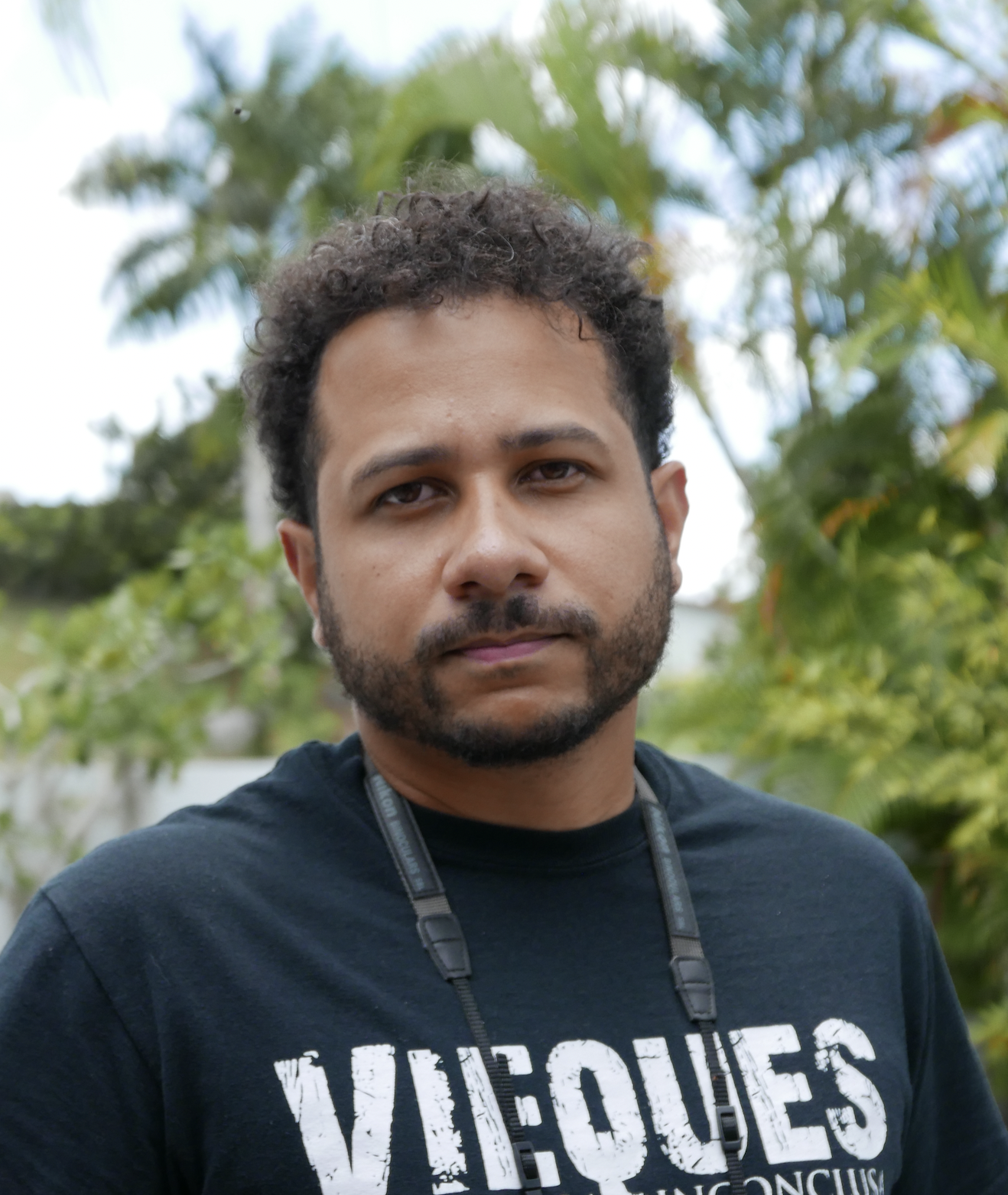
Juan C. Dávila Santiago was born in Mayagüez, Puerto Rico. He is a documentary filmmaker, news producer and activist. His work focuses on climate justice, social movements and colonialism. He is the director of the feature-length documentary film, “Simulacros de Liberación” (2021), which was released in movie theaters around Puerto Rico. Previously he directed two mid- length documentary films: “Compañeros de lucha” (2012) and “Vieques: una batalla inconclusa” (2016). His filmography also includes the award winning short film, “La generación del estanbai” (2016), as well as “Aftershocks of Disaster” (2020), “Networked Education” (2020) for Latino Public Broadcasting, “Rayito de sol” (2021), and a TV pilot for the documentary series “The Response” (2019-present), which explores how people rise together in the aftermath of climate disasters. Dávila is a former senior producer at “When We Fight, We Win! The Podcast!” and morning news producer for the newscast Democracy Now! where he continues contributing. His journalistic work has been featured in: TeleSur, the Huffington Post, the Washington Post, PBS, and the Indypendent in New York. He holds a BA in Communication from Universidad del Sagrado Corazón in Puerto Rico (2011), a MA in Social Documentation (2015) and Latin American and Latinx Studies (2020) from the University of California, Santa Cruz. Dávila is currently the series producer of “Puerto Rican Voices,” a documentary series from the Center for Puerto Rican Studies of Hunter College, City University of New York.
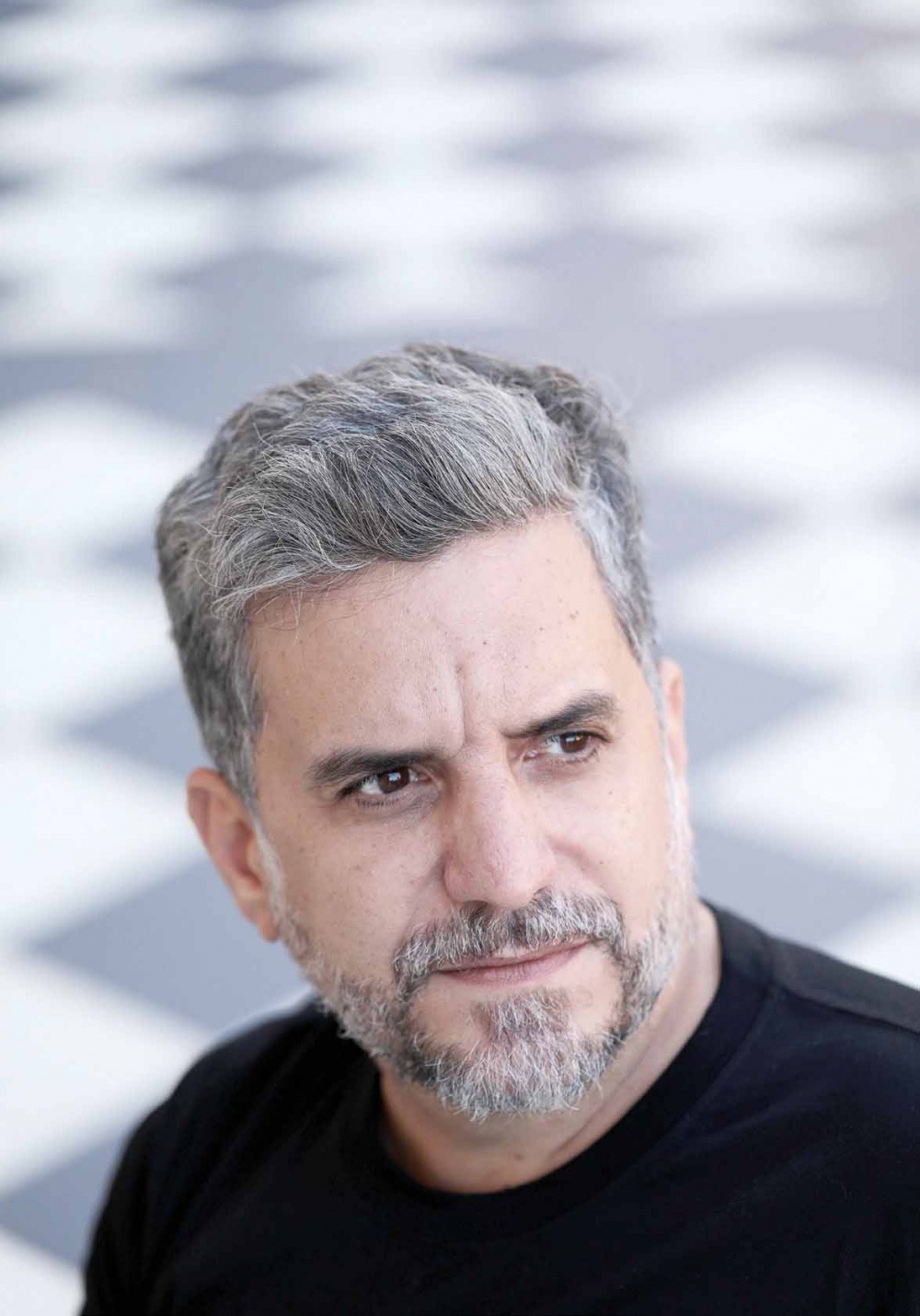
Pavel Giroud es director, guionista y editor cinematográfico cubano radicado en Madrid, España. Llega al cine desde el video-arte y una reconocida obra como creador de videos musicales y cortos promocionales. Con el film Tres veces dos, en el que escribió y dirigió una de las tres historias que lo componen, fue premiado con el Zenith de Plata a mejor opera prima en el Festival de Cine de Montreal. Su primer largometraje en solitario, La Edad de la peseta, candidata a los Premios Oscar y nominada al Goya como mejor cinta iberoamericana, fue estrenado en el Festival Internacional de Cine de Toronto y laureada en numerosos festivales alrededor del mundo. La Universidad de Houston la incluyó, junto a otros siete filmes hispanos firmados por Buñuel, Almodóvar, Erice y Cuerda, en el programa de estudios Modern and Classical Languages. Spanish Films. En 2020 la Cinemateca de Cuba la eligió entre las diez películas con mejor fotografía y mejor dirección de arte en la historia del cine cubano. Su siguiente película, Omertà, obtuvo el Premio Coral en la categoría de mejor guion inédito en el Festival Internacional de Cine en La Habana y fue estrenado al año siguiente en de San Sebastián. En 2014 co-dirigió la película documental Playing Lecuona, protagonizada por los pianistas Chucho Valdés, Michel Camilo y Gonzalo Rubalcaba, acompañados de Ana Belén, Raymundo Amador, Omara Portuondo y otros notables músicos. Este fue premiado en el Festival de Cine de Montreal como mejor documental y en el New York International Film Festival, donde recibió el Merit Award. El Acompañante, estrenada en Estados Unidos por HBO en 2016, luego de una extensa gira por festivales alrededor del mundo, fue su segunda candidatura a los Oscar. Previamente fue reconocida como mejor proyecto en el 61 Festival de Cine de San Sebastian y con el premio SGAE Julio Alejandro al mejor guión iberoamericano. Estuvo nominada a los Premios Platino como mejor guion y a los Forqué como mejor película latinoamericana del año. Obtuvo además, el premio del público en Miami, Toulouse, Málaga y La Habana (2do. premio) y el de mejor guión en HFF de New York, donde el entonces presidente del distrito Brooklyn, Eric Adams, le concedió un reconocimiento por “el buen uso del cine como herramienta social”. Su más reciente largometraje documental, El caso Padilla, se presentó a finales de 2022 en el Festival de Telluride y tuvo su estreno europeo en San Sebastián. Ha sido presentado además en el Festival de Cine de Roma, en el internacional de Miami (Premio al Mejor Documental), en IFF Panamá y Cineuropa, donde se alzó con el premio del público. Tiene previsto una larga ruta de festivales antes de su estreno comercial en salas de España. En 2022, su novela Habana Nostra resultó finalista del premio Azorín. Actualmente, Giroud se encuentra en fase de desarrollo de tres series: Partagás; The Sugar King y Ayloviu Havana, y del largometraje de ficción El soldado perfecto.
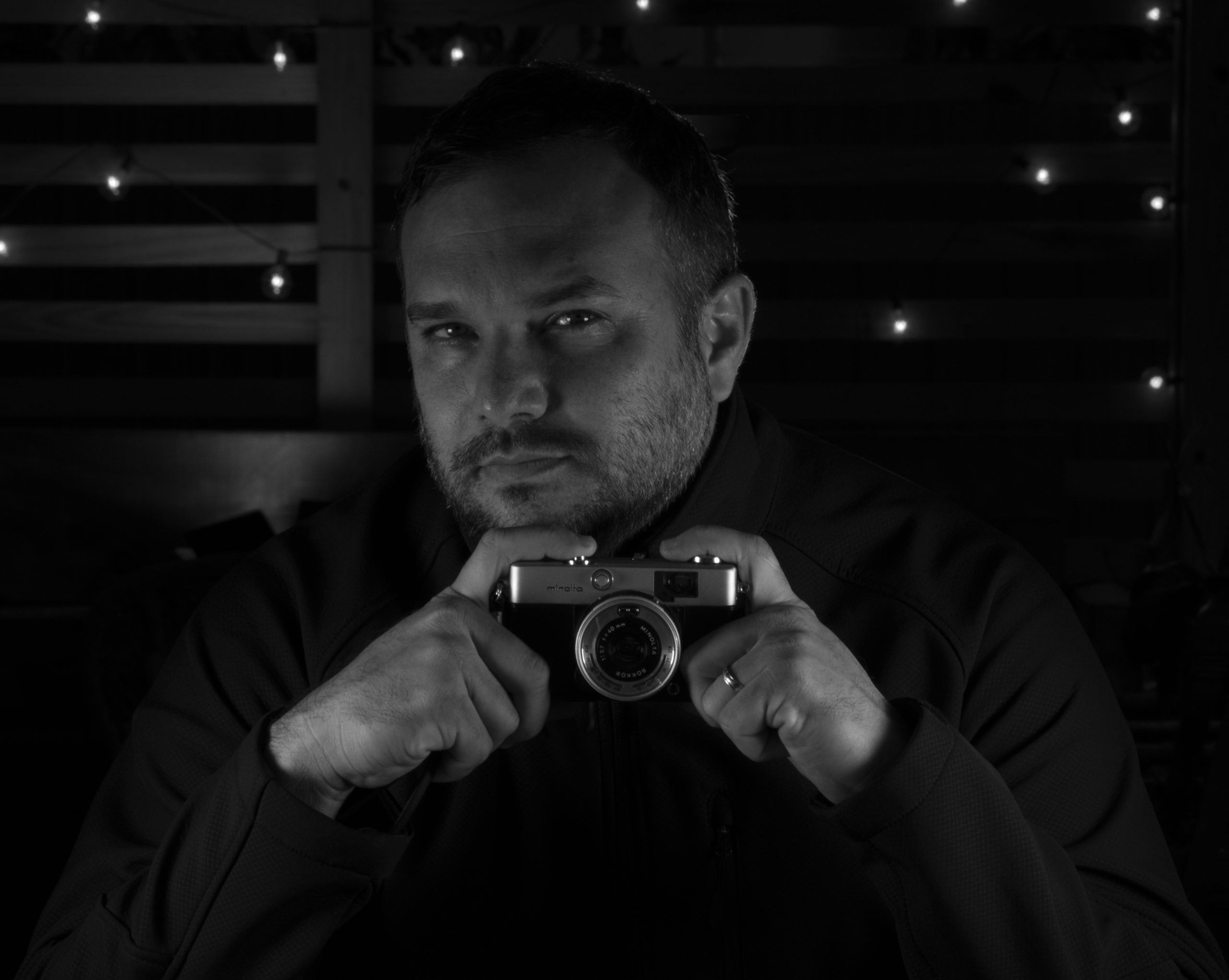
Eliecer Jiménez Almeida is a filmmaker and video artist based in Miami, FL. He received a Master’s degree in Journalism from Florida International University, Miami, FL (2021), and a Certificate in Film Studies from The International Film and TV School (EICTV), San Antonio de los Baños, Havana, Cuba (2012). He was also part of the Sundance Institute’s Documentary Film Program, Miami (2016). In 2008, Jiménez Almeida founded ikaik films, a project dedicated to the production and development of experimental films. His work Persona (Person) (2014) won the Best Short Film Award at the Latino and Iberian Film Festival (LIFFY) from Yale University (2016). It was exhibited in the Museum of Modern Art (MoMA), NYC; and at the Ludwig Forum, Aachen, Germany (2018). Usufructo (Usufruct) was awarded with the EICTV, San Antonio de los Baños, the Special Prize of the 10th Gibara International Non-Budget Film Festival, Cuba (2012). La faz de las aguas (The Face of the Waters) was awarded the Short Film Prize, Handle Climate Change International Film Festival, China (2017). The piece En un paquete de spaguettis (In a Package of Spaguettis) was selected for the International Prize Reina Sofia, Spain (2011). Jiménez Almeida has been invited as Visiting Filmmaker to several academic institutions in the US, including Yale University, Columbia University, New York University (NYU), The City University of New York (CUNY), Rutgers University, Georgia Tech, University of Miami (UM), and Florida International University (FIU). His work has been exhibited in the US, Germany, France, Italy, Spain, Russia, Belarus, Bosnia and Herzegovina, Serbia, China, India, Argentina, Venezuela, Peru, El Salvador, and Guatemala. All his films have been produced outside of the main Cuban cinematography industry. He is currently a doctoral student in the Department of Modern Languages at FIU, where he is writing a dissertation on book-to-film adaptations of the Cuban Diaspora.

Dr. Santiago Juan-Navarro is a Professor of Hispanic Literature and Film at Florida International University, where he has extensively taught, published, and lectured on Cuban cinema. Additionally, Santiago’s research interests include historical fiction and film, transatlantic studies, Latin American culture, digital humanities, and comparative literature. He has published over a hundred articles, book chapters, and encyclopedia entries, as well as six books. Santiago has a has vast experience with instructional technology and digital humanities projects, as well as the creation of companion websites for academic publishers, databases on film-related topics, and digital archives. He has conducted funded research in Havana and Buenos Aires and was recently selected to the Fulbright Senior Specialist Roster. Santiago is also a member of the Academy of Cuban History in Exile and co-directs with Eliecer Jimenez Almeida the Cuban Diaspora Film Archive (CDfA).
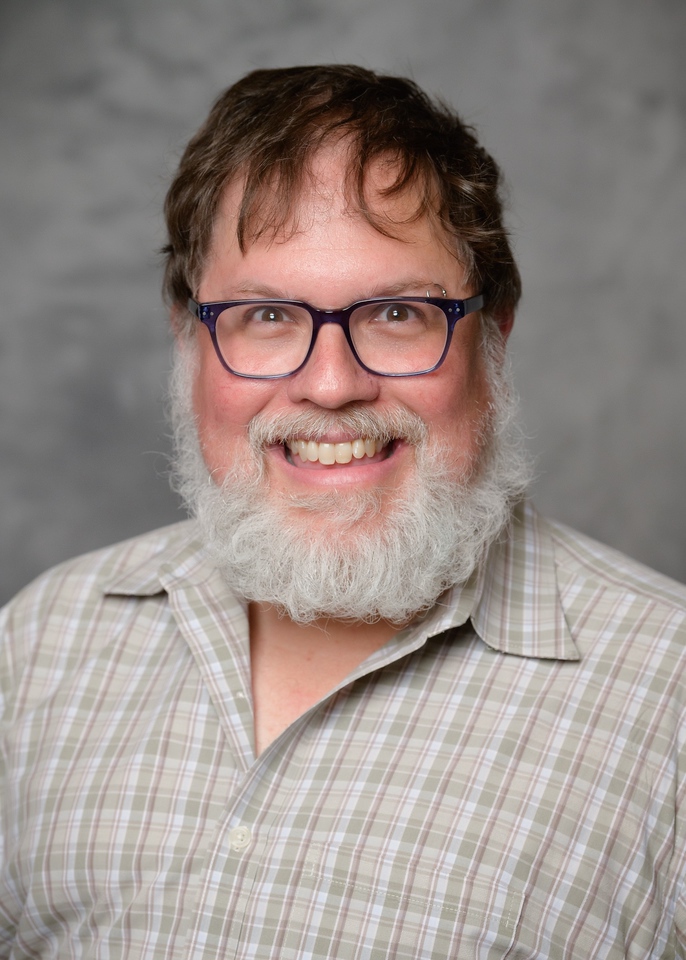
Lawrence La Fountain-Stokes is Professor and Chair of the Department of American Culture and former director and core faculty member of the Latina/o Studies Program at the University of Michigan, Ann Arbor. He is also Professor of Romance Languages and Literatures and of Women’s and Gender Studies. Born and raised in San Juan, Puerto Rico, he received his AB from Harvard (1991) and his MA, MPhil, and PhD from Columbia (1999). He is author of Queer Ricans: Cultures and Sexualities in the Diaspora (University of Minnesota Press, 2009) and of Escenas transcaribeñas: Ensayos sobre teatro, performance y cultura (Isla Negra Editores, 2018) and coeditor with Deborah R. Vargas and Nancy Raquel Mirabal of Keywords for Latina/o Studies (New York University Press, 2017). His book Translocas: The Politics of Puerto Rican Drag and Trans Performance was published by the University of Michigan Press in 2021 as part of the Triangulations: Lesbian/Gay/Queer Theater/Drama/Performance series and received the 2021-2022 Sylvia Rivera Award in Transgender Studies from CLAGS, the Center for LGBTQ Studies at the City University of New York. He has coedited queer issues of CENTRO Journal, Sargasso, and Hostos Review/Revista Hostosiana and has published two books of fiction, Uñas pintadas de azul/Blue Fingernails and Abolición del pato. Larry performs in drag as Lola von Miramar since 2010 and has appeared in several episodes of the YouTube series Cooking with Drag Queens. He is currently writing a book on contemporary Puerto Rican performance.
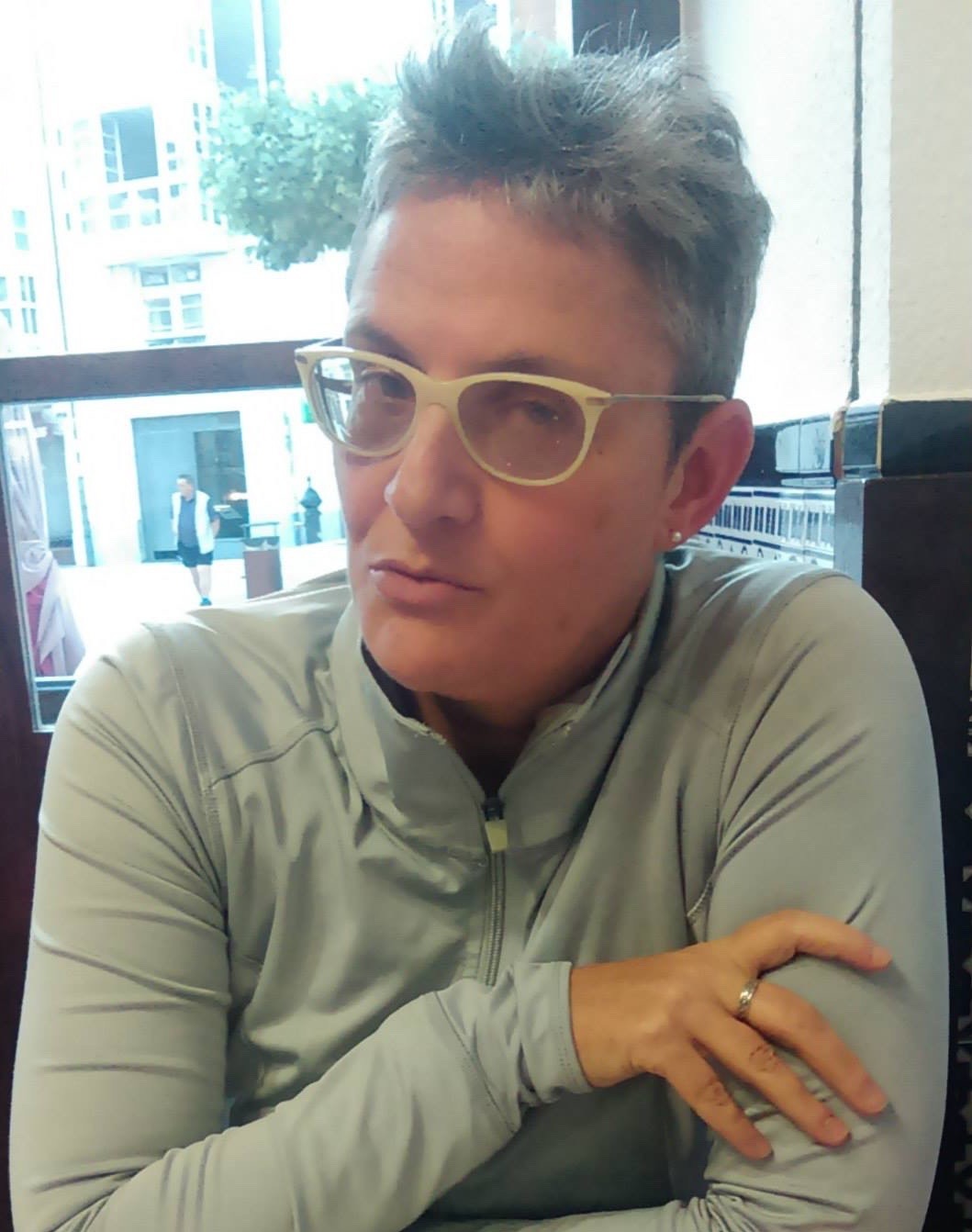
Mary Leonard is the founder of the Film Certificate, the film program at the University of Puerto Rico – Mayagüez. Her publications on Caribbean cinema include “Wind, Water, Women: Liminal Spaces and Border Crossings Between Puerto Rico and the Dominican Republic” (Black Camera, 2019), “De la DIVEDCO al Documental Contemporaneo en in Puerto Rico” (Exégesis, 2019-20), a review of Los Viejos Cines de Puerto Rico by José Hernandez Mayoral (Vivomatografías 2021). and “El Lente Cosmopolita de Nelson Carlo de los Santos Arias” (forthcoming in La Gran Pantalla Dominicana, Almenara, 2023). She has organized and directed conferences on visual narration at the University of Puerto Rico (2005 & 2007), and co-organized one on Caribbean film in the Dominican Republic (2020). She is the co-founder and co-host of Caribbean Film Forum, a series of online conversations on topics related to film in the context of the Caribbean (2021 – present), and of the Caribbean Film Education Network (2022 – present). She is one of the recipients of a National Endowment of the Humanities grant for the 2022 year which funded the establishment of an Oral History Center at UPRM with a documentary film production component. In October of 2022, she curated and hosted Jurakán, a film series about hurricanes from Caribbean perspectives as part of the programming of the Fotofocus Biennial in Cincinnati, Ohio. Her writing about film and other arts can be found in both English and Spanish on her website: www.maryleonard.org.
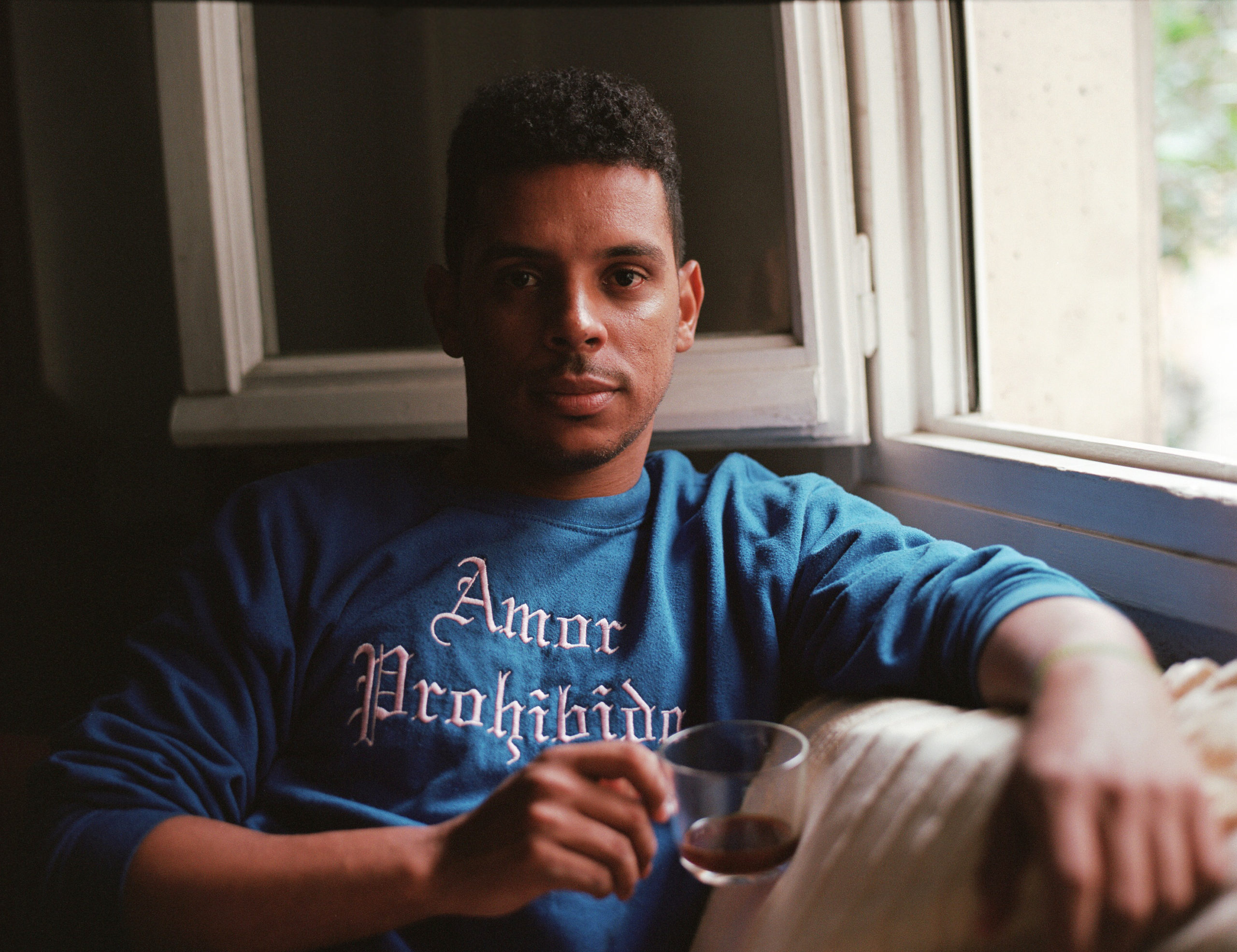
Dami Sainz Edwards is a filmmaker and visual artist born in Cuba. He has directed several short films, which have been selected and awarded in prestigious film festivals and art galleries worldwide. Their films explore the relationship between race, gender, family and nation. Sainz Edwards studied in Cuba, Canada and Switzerland, teaches at the EICTV San Antonio de Los Baños and has been invited for lectures at Dartmouth College, UPenn, UNAM, Tulane among other universities. Their latest short film, Los Cimarrones, is a character study of their debut feature film Fallen, on development stage.
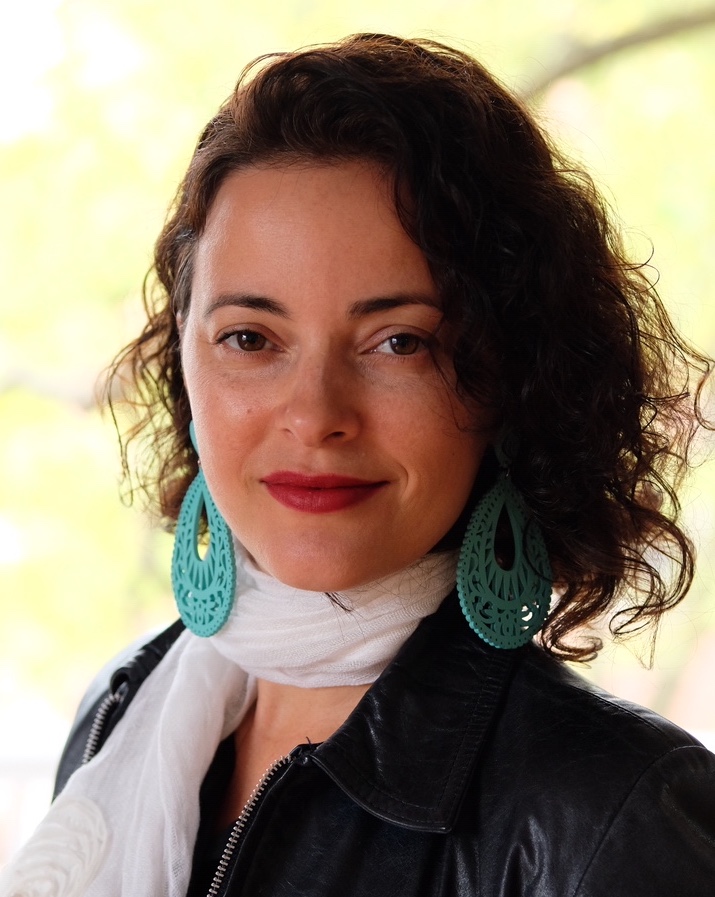
Zaira Zarza is an Assistant Professor in the Department of Art History and Film Studies at Université de Montréal. She obtained her Ph.D. in Cultural Studies at Queen’s University and holds a Bachelor’s and a Master’s degree in Art History from the University of Havana. She was a Killam Postdoctoral Fellow at the University of Alberta and a Cinema and Media Arts Sessional Assistant Professor at York University. As a programmer, she has worked at the Toronto (TIFF) and Cartagena (FICCI) international film festivals. She also directed the Latin American Studies Association (LASA) Film Festival in Boston, 2019. Dr. Zarza’s current book project explores the work of Cuban filmmakers in the diaspora, which she has promoted since 2015 through her curated series Roots and Routes. Her first monograph Caminos del cine brasileño contemporáneo was published by Ediciones ICAIC in 2010. Zarza’s other research endeavors include a co-edited volume on Latinx-Canadian film, visual and media arts and a project on documentary activism in Latin America funded by the Social Sciences and History Research Council of Canada.